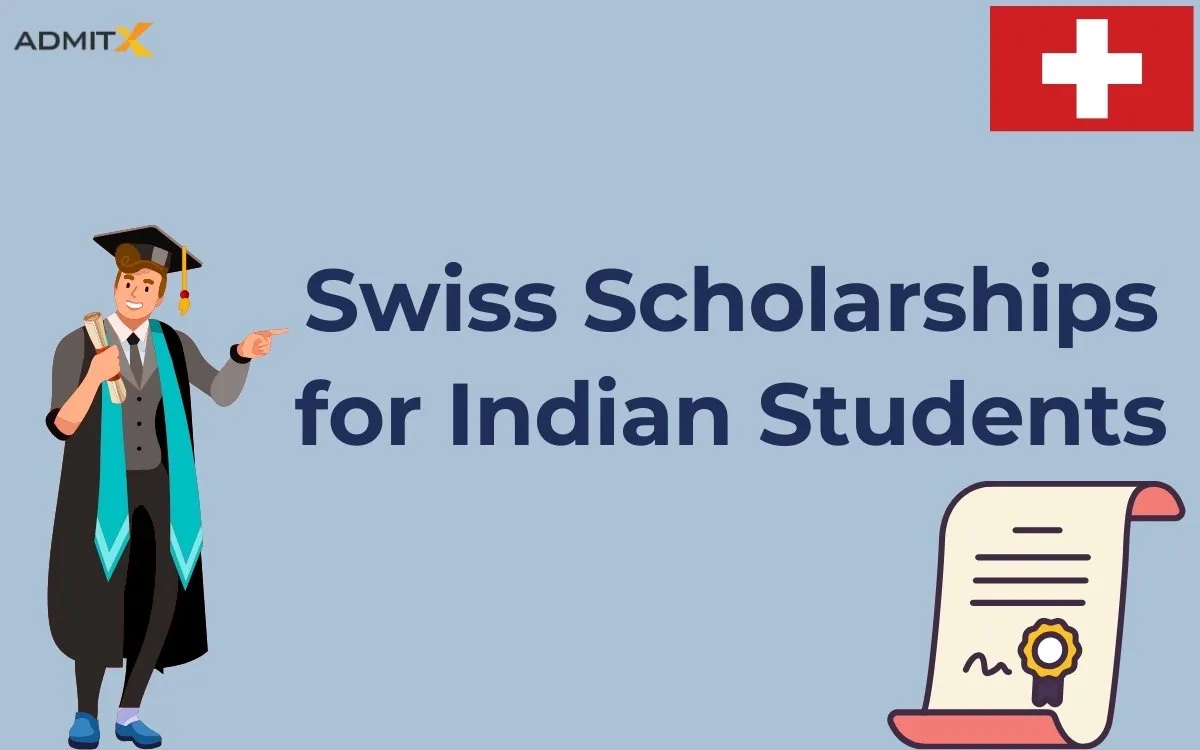Every year hundreds of thousands of international students fly to Canada to make their dreams come true.
In January 2024, IRCC enacted some changes in students’ immigration policy including capping the study permits, restricting the post-graduate work permit and open work permits for spouses.
Recently, certain announcements have been made in these regards which are important to know.
Table of Contents
How Popular is Studying in Canada?
Around 621,565 international students held study permits intended for different study levels in 2021 whereas 800,000 students went to Canada in 2022.
In 2023, this goes up to 900,000, indicating that the popularity of studying in Canadian universities is increasing yearly.
Recently, Immigration, Refugees, and Citizenship Canada (IRCC) has brought certain regulations in its immigration policy which can depress the number of incoming students coming to Canada from all over the world, including India. However, IRCC also brings certain refinements to its work permit-related issue.
Let’s explore and analyse the latest updates which will not only impact the aspirations of thousands of foreign students but also the economy of Canadian institutes.
Cap on Study Permits for International Students
On January 22, 2024, Canada’s Immigration Minister Honourable Marc Miller announced that the IRCC will set a temporary intake cap on the number of study visas issued to international students for two years e.g. 2024 and 2025.
For the 2024 intake, the cap is expected to reduce the number of intakes of international students by 35%. In this way, around 360,000 international students will get study permits this year. The decision to cap study visas was implemented with immediate effect.
For 2025 intakes, the IRCC will review the decision and its impact at this year’s end.
In recent years, Canada has seen an enormous burden on education, healthcare and housing affordability services which not only impacted the local community but also genuine global students. The step was taken to improve integrity controls within the student visa program and to make the student growth rate sustainable.
Since the control of administering educational institutes in Canada lies in the hands of provincial and territorial governments rather than the federal government, the Canadian government has asked each province to allot a certain cap quota to their DLIs based on which student intakes will be decided for the next 2 years.
From now on, applicants must provide a provincial attestation with their study permit application. Provinces and territories are expected to establish a process for issuing attestation letters to students by no later than 31 March 2024. The cap quota allocated to each province in Canada is decided based on their population.
Exceptions
- Study permit renewals.
- Students pursuing Master’s or Doctoral degrees and elementary and secondary education will not be included in the cap.
- Current study visa holders will not be impacted.
Latest Announcement: As of April 04, 2024
Going forward, some of the Canadian provinces have announced their respective study permit allocation which are tabulated below:
| Provinces | Study Permit Allocation (in numbers) |
|---|---|
| Alberta | 41,000 |
| British Columbia | 83,000 |
| Ontario | 235,000 |
| Nova Scotia | 12,900 |
| New Brunswick | 9,400 (estimated) |
| Prince Edward Island | 3,300 (estimated) |
Restriction on Post Graduate Work Permit
Recently, IRCC has preponed the cut-off date on which the eligibility criteria for seeking PGWP are going to be changed. Now, after May 15, 2024, international students who begin their study program at Public College Private Partnership colleges will no longer be eligible for post-graduate work permits after the completion of their program. Earlier, the effective date announced for that change had been September 1, 2024.
These colleges generally provide education under curriculum licensing agreements, where they follow the curriculum of public colleges and attract a large number of overseas students because of their flexibility.
However, such flexibility creates certain loopholes and does not meet the eligibility requirements of PGWP.
Further, IRCC does point out that certain graduates of PCPP colleges may be eligible to apply for an alternative type of work permit, though:
“For occupations that face a labour shortage in Canada, a graduate could apply for a work permit supported by an employer’s approved labor market impact assessment, for example. Department will continue to work with provinces and territories to proactively identify programme that have been affected by the clarification and will update this list as we receive additional information from them.”
Increase in Duration of Post Graduate Work Permit
Canada grants post-graduate work permit to international students who complete master’s degree courses so that they can live and work in the country. The duration of the permit usually depends on the length of the individual’s pursued post-graduate course.
Starting from September 1st, 2024, all these students will be granted work permit for a fixed period of 3 years so that they can have ample time to gain necessary work experience and potentially transition to permanent residency.
Restriction on Open Work Permits (for Spouses)
Going forward, the IRCC will restrict the open work permits to the spouses of international students in master’s and doctoral programs. The spouses of international students in other levels of study, including undergraduate and college programs, will no longer be eligible.
If you are an aspirant looking to study at your dream university, book an appointment with AdmitX today and start your applications early to avail yourself of all the benefits.




